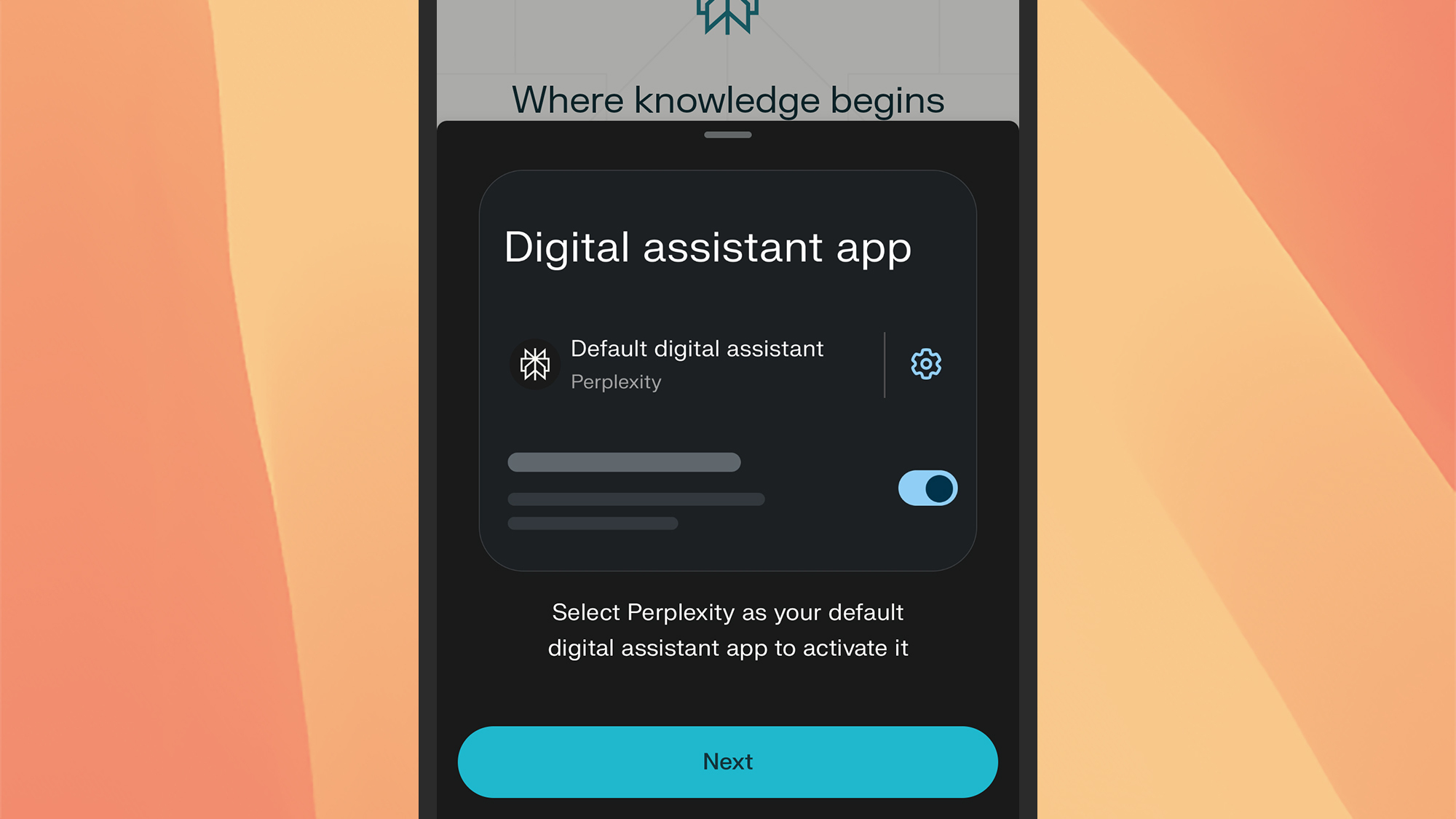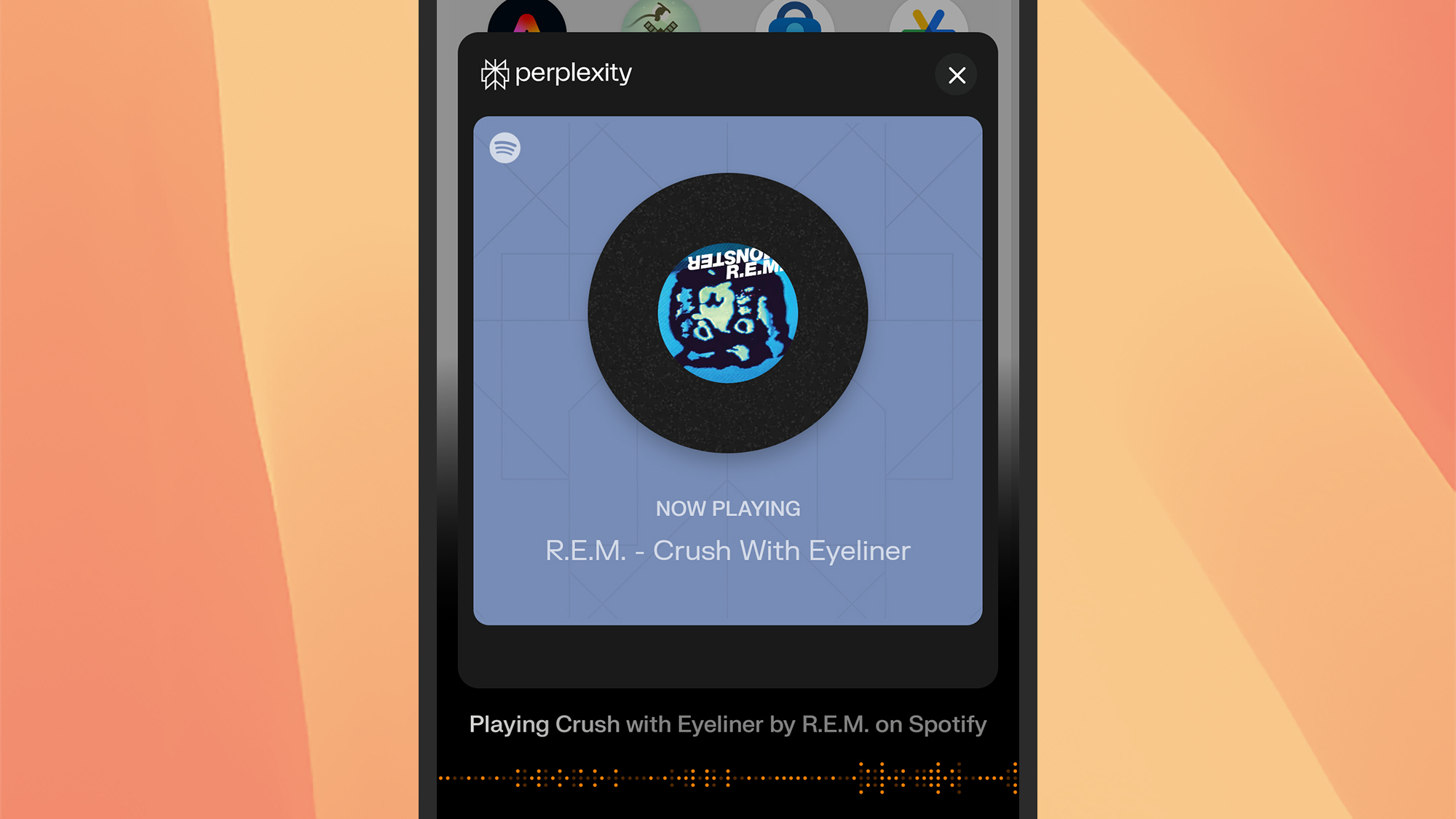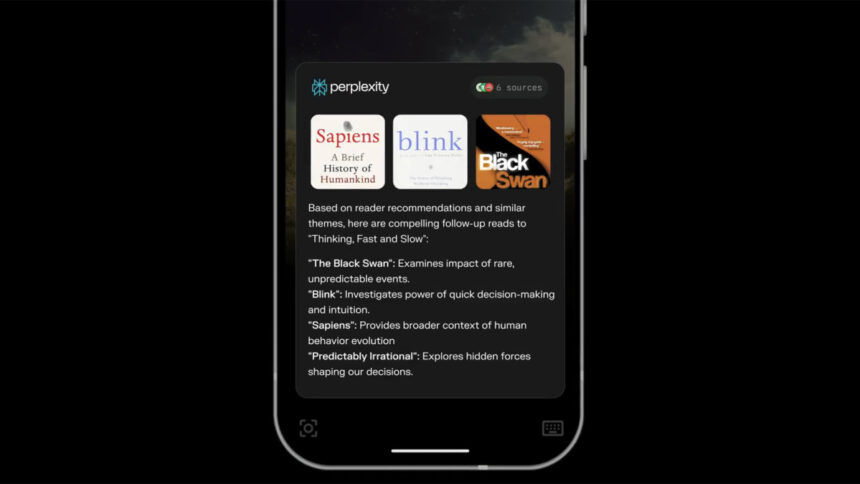Revolutionizing Convenience: The Rise of AI Agents
The upcoming era of artificial intelligence is gearing towards the enhancement of agents—intelligent bots designed not just for conversation and image generation but also capable of performing various tasks on your behalf. These sophisticated tools are being developed to do far more than just offer suggestions for the highest-rated hotels in your upcoming holiday destination—they will assist you with making the bookings directly.
Leading tech companies like Google and OpenAI are deep into the development of these multimodal agents. Recently, Perplexity announced the launch of the Perplexity Assistant for Android devices. According to The Verge, limitations within the iOS ecosystem currently prevent the development of an iPhone version.
The Perplexity Assistant can be accessed through the main Perplexity app on Android. It can be utilized whether you are a free user or a subscriber. Users will encounter a popup promotion for the assistant within the app, which can be activated by tapping on it. Alternatively, navigating to your profile icon in the top left corner allows you to select Enable assistant.
During the activation steps, users will be prompted to designate Perplexity Assistant as their primary assistant instead of Google Assistant or Google Gemini, following a process similar to setting any default assistant. This action will enable users to summon the Perplexity Assistant using the designated shortcut, such as a long-press on the power button.
Once the assistant is active, it can be interacted with through voice commands, or users can opt to type by clicking on the keyboard icon located in the lower right corner. While there are no specific settings to adjust, a button is available in the lower left corner to switch to a camera mode, enabling users to inquire about their environment.

Credit: DailyHackly
Capabilities of Perplexity Assistant
While Perplexity has yet to extensively elaborate on the functionalities of its new assistant, it has indicated that capabilities include reserving dinner tables through OpenTable, playing music on Spotify and YouTube, ordering rides via Uber, composing emails, and setting reminders. Some practical examples can be found here. Users are encouraged to explore its functionalities to uncover its full potential on their devices.
For example, if you request directions to a nearby coffee shop, Perplexity Assistant will scour the web for suggestions, prompt you to select one, and proceed to open Google Maps. While this method may not significantly speed up the process compared to using Google Maps directly, the overall experience is quite reliable.
The assistant can also fetch songs and playlists in Spotify, which, while effectively functional, might not offer substantial advantages over Spotify’s own built-in features. However, it does not entirely replace other digital assistants; for instance, if you instruct Perplexity Assistant to order products via Amazon, it will merely navigate you to the relevant listings.

Credit: DailyHackly
A practical test involved requesting the assistant to draft an email expressing remorse for tardiness. In such scenarios, its generative AI capabilities are undeniably beneficial. The assistant accurately selected the corresponding contact, created a concise apology email, and opened it as a draft in the Gmail application, primed for sending. However, for those genuinely remorseful about recent delays, penning a personal apology may convey sincerity more effectively.
This exemplifies the trajectory of AI assistants; however, their effectiveness depends on their ability to be thoroughly integrated into applications like OpenTable and Spotify. Ensuring reliability and accuracy is essential for winning user trust—historically, this has posed challenges for AI systems. For example, when booking a restaurant, one must ensure that the AI does not mistakenly reserve for the wrong date or location.












